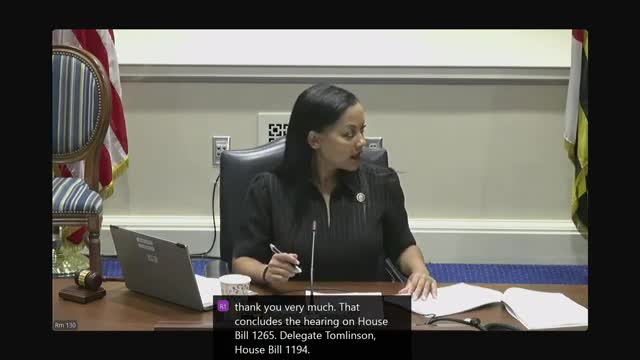Article not found
This article is no longer available. But don't worry—we've gathered other articles that discuss the same topic.
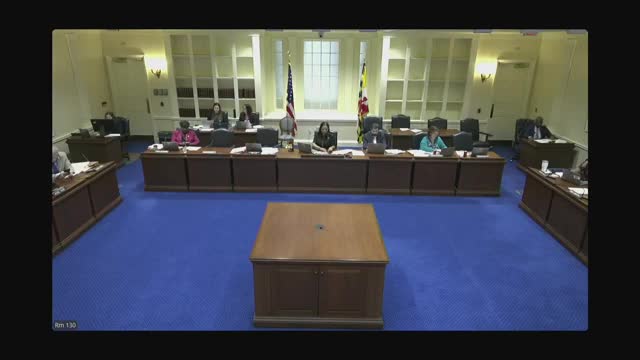
Bill would let counties use income guidelines to target AP/IB fee assistance
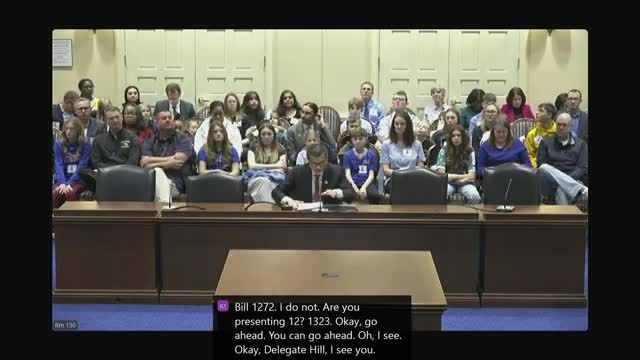
Delegate Hill proposes caps and clearer standards for superintendent severance packages
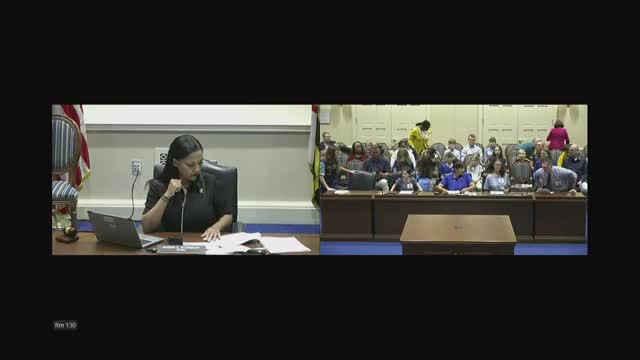
Homeschool students press committee for access to public high school sports
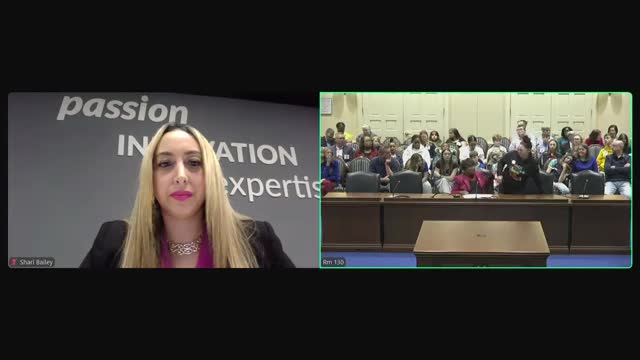
Bill would require schools to notify parents and report elopement incidents after a child's death in Charles County was cited
